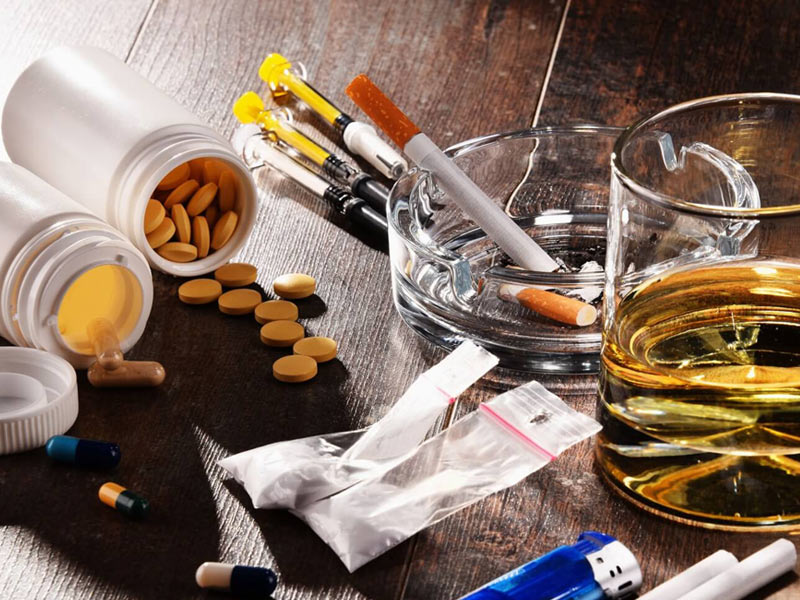
Punjab was all in news over the past several days. It was the political occurrences in the state that grabbed eyeballs. In the end, it all boiled down to the Aam Aadmi Party’s phenomenal and Indian National Congress’ abysmal performances in the recently-concluded Assembly elections. Comic-turned-politician Bhagwant Mann has taken oath as AAP’s first Chief Minister in the state. Mann and his ministers will be faced with several problems plaguing the state. One such major problem is drug abuse. It’s a big menace in the northern state that borders the golden crescent, which comprises Pakistan, Afghanistan, and Iran, which is a premier site of opium production. So, why do people get addicted to certain substances? What is substance abuse? What are its symptoms and impacts? For answers to these questions, Onlymyhealth spoke to Dr. Shweta Sharma, Clinical Psychologist & Founder, Mansa Global Foundation for Mental Health.
Table of Content:-
Substance Abuse Meaning
Substance abuse is the excessive and often destructive use of alcohol, painkillers, cough syrup, and illegal drugs like weeds, marijuana, etc. When you use these excessively, it hinders your day-to-day life like social interactions, personal and professional relationships, and financial matters.
Also read: Tips For Youth To Avoid Smoking And Nicotine Addiction
Risk Factors For Substance Abuse

(Photo Credit: MentalHelp.net)
Several people consume these substances. However, not everyone engages in substance abuse. So, are there sets of people who are more prone to it than others? According to Dr. Sharma, people who are more susceptible to it include:
- Those who have poor or negative coping strategies for stress and anxiety.
- Peer pressure is a major factor behind substance abuse.
- Then certain personalities are more prone to it. These include dependent, borderline or anti-social personalities.
Signs Of Substance Abuse

(Photo Credit: Freepik)
Chances are that lines may seem blurred between substance use and abuse. These signs of substance abuse can help you identify:
- Experiencing blackouts, which means unable to recall events during substance abuse
- Having repeated conflicts with family members, friends, and co-workers
- Recurring episodes of mood swings, depression, and irritability
- Using these substances regularly to relax
- A systemic lying behaviour
- Withdrawal from normal day-to-day functioning
These are some of the initial signs of substance abuse.
Also read: Alcohol Consumption: Are You On The Verge Of Addiction?
Effects Of Substance Abuse
We all know the ill-effects of the normal use of alcohol, over-the-counter drugs, and banned drugs on the body and mind. One can only imagine the effect of excessive abuse of these substances. Here is what substance abuse do to your body and the mind:
- A sense of euphoria or feeling ‘high’
- Red eyes
- Dried mouth
- Increase in blood pressure and heart rate
- A heightened sense of visual, auditory, and taste perception
- Lack of coordination
- Difficulty concentrating
- Slowed reaction time
- Feeling anxious
- Paranoid thinking
- Exaggerated cravings for certain foods at unusual times
Substance abuse can hamper your day-to-day functioning on one hand and detrimentally impact your health on the other. Hence, if you feel dependent on these, it’s better to see a mental health expert. The expert will determine the cause of your dependence and recommend you the treatment accordingly.
(With inputs from Dr. Shweta Sharma, Clinical Psychologist & Founder, Mansa Global Foundation for Mental Health)
Photo Credit: Alcohol Rehab Guide
Also watch this video
How we keep this article up to date:
We work with experts and keep a close eye on the latest in health and wellness. Whenever there is a new research or helpful information, we update our articles with accurate and useful advice.
Current Version